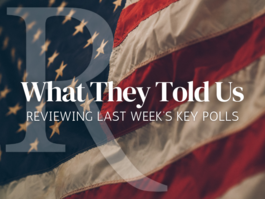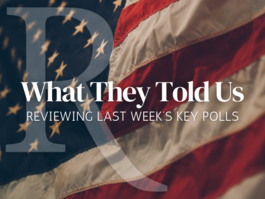Silicon Slumming
A Commentary By Froma Harrop
The Victorian era gave birth to a very unpleasant custom called slumming. Parties of swells in London and New York would descend on impoverished neighborhoods as a form of entertainment. In addition to breaking up the tedium of their posh lives, the adventure made them feel superior.
A much updated version of slumming has been taking place in Manhattan, where Facebook is arranging its initial public offering. This time, though, it's the super-rich visitor, Facebook founder Mark Zuckerberg, who is dressed in rags -- his trademark T-shirt and hoodie. The Wall Street investors currying his favor are the ones in expensive business suits.
What Zuckerberg's costume says is: "They need me. I don't need them." Like the tuxedoed waiters scurrying about the four-star restaurants that tech tycoons visit in jeans and baseball caps, Wall Street heavies are merely another kind of servant. Of course, most eyes stay dry at images of investment bankers in the top half of the top 1 percent being dissed by a kid in the top 1 percent of the top 1 percent.
Less appetizing is the con perpetrated on Facebook users. The entire wealth of the enterprise is based on the munchkins' willingness to surrender their privacy and friends' names to Facebook -- data to be packaged a thousand ways and sold to the highest bidder. To use the users, Zuckerberg must get them to trust him, hence the after-school sweats.
Elsewhere on Facebook's upper deck, another founder, Eduardo Saverin, has just renounced his American citizenship, a mere 14 years after the Brazil native obtained it. Saverin denies that he became a citizen of Singapore to avoid the American taxes he'd surely pay after the spectacular stock offering. Funny how no one believes him.
From the annals of ingratitude: Under a kidnapping threat, Saverin's wealthy family left Brazil for the safety of Miami. Eduardo later attended Harvard. There he met Zuckerberg. Together they created Facebook and grew the company in Menlo Park, Calif. The United States provided Saverin with police protection, schooling, contacts, the fertile tech soil of Silicon Valley and financial markets. Who has been paying for this stuff? The honchos who stay put, for sure, but mostly the 99 percent.
On the corporate level, tech giant Apple has apparently mastered the art of moving profits earned in the United States to foreign tax havens. The magic trick works best in the digital economy, where the source of wealth -- royalties, intellectual property, and downloaded songs and software -- can't so easily be pinned to any earthbound set of coordinates. It's much harder to hide the money when your products are tractors or cardboard boxes, or you sell things out of buildings.
Thus, Wal-Mart last year paid taxes at a rate of 24 percent on its worldwide profits. Apple was taxed at a rate of 9.8 percent. Had Apple not routed the dough through certain foreign addresses, its check to the IRS last year would have been $2.4 billion higher than it was, according to economist Martin A. Sullivan, formerly of the Treasury Department. Nonetheless, Apple's late founder, Steve Jobs, dressed in his trademark jeans and black turtleneck, would complain bitterly about the taxes his company paid.
America educates the mathematicians, engineers and other workers who make these tech successes possible. It guards their glassy corporate facilities and their 7,000-square-foot homes. And the minute some foreigner tries to steal their intellectual property, the companies call on the expensive apparatus in Washington to stop it.
Be prepared for more Silicon slumming by zillionaires in their sweats. They are just happy-go-lucky peasants like the rest of us, so we have to be on their side, right? Wrong.
COPYRIGHT 2012 THE PROVIDENCE JOURNAL CO.
DISTRIBUTED BY CREATORS.COM
See Other Political Commentary.
See Other Commentaries by Froma Harrop.
Views expressed in this column are those of the author, not those of Rasmussen Reports. Comments about this content should be directed to the author or syndicate.
Rasmussen Reports is a media company specializing in the collection, publication and distribution of public opinion information.
We conduct public opinion polls on a variety of topics to inform our audience on events in the news and other topics of interest. To ensure editorial control and independence, we pay for the polls ourselves and generate revenue through the sale of subscriptions, sponsorships, and advertising. Nightly polling on politics, business and lifestyle topics provides the content to update the Rasmussen Reports web site many times each day. If it's in the news, it's in our polls. Additionally, the data drives a daily update newsletter and various media outlets across the country.
Some information, including the Rasmussen Reports daily Presidential Tracking Poll and commentaries are available for free to the general public. Subscriptions are available for $4.95 a month or 34.95 a year that provide subscribers with exclusive access to more than 20 stories per week on upcoming elections, consumer confidence, and issues that affect us all. For those who are really into the numbers, Platinum Members can review demographic crosstabs and a full history of our data.
To learn more about our methodology, click here.



